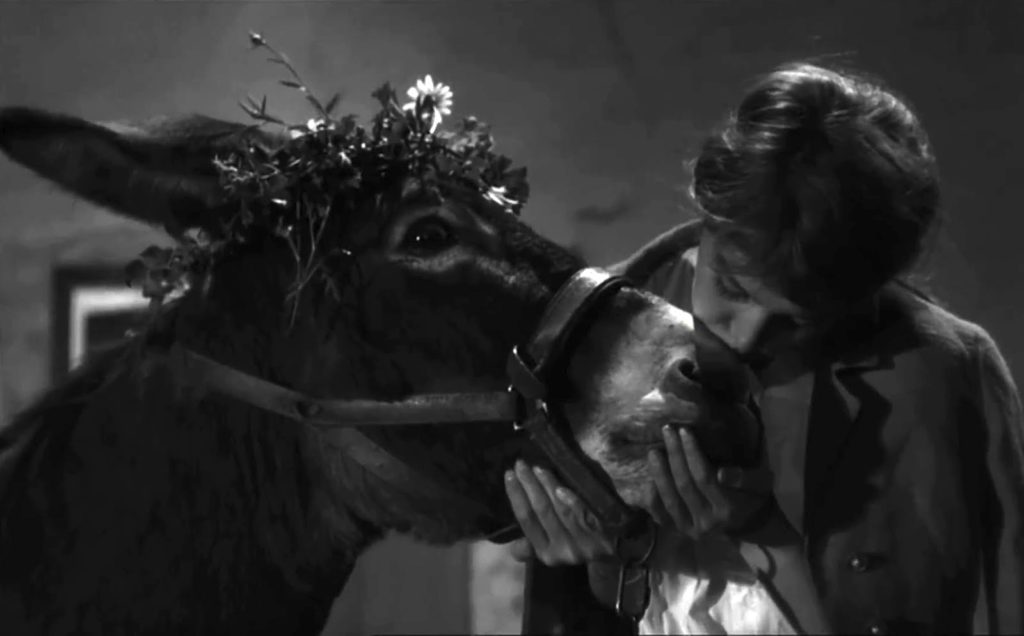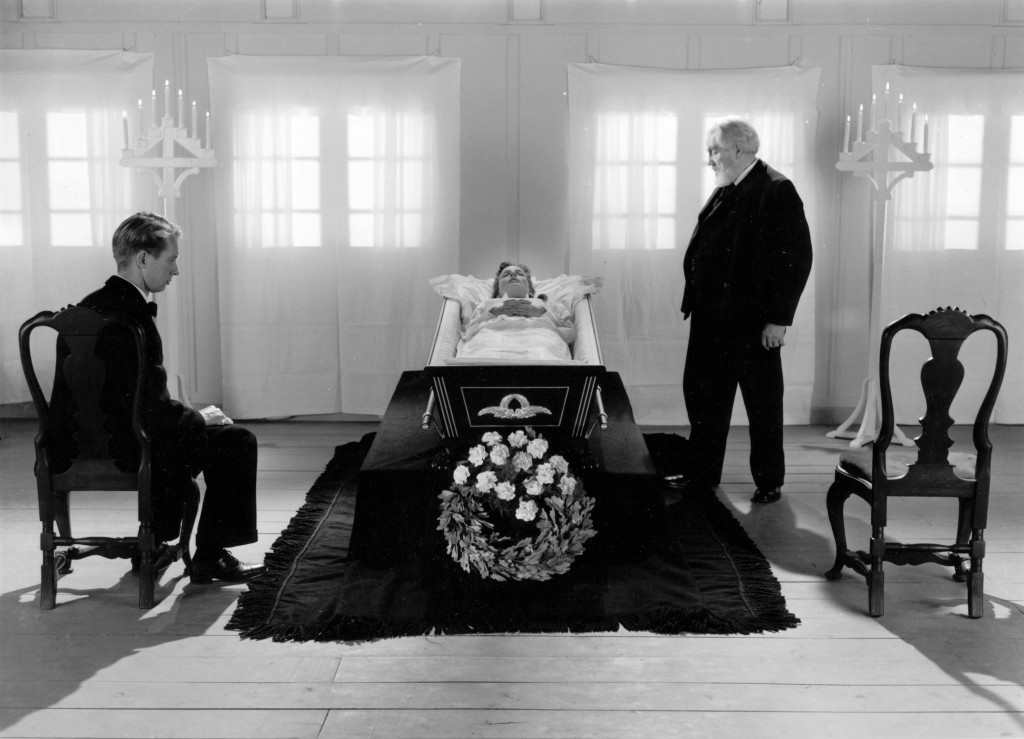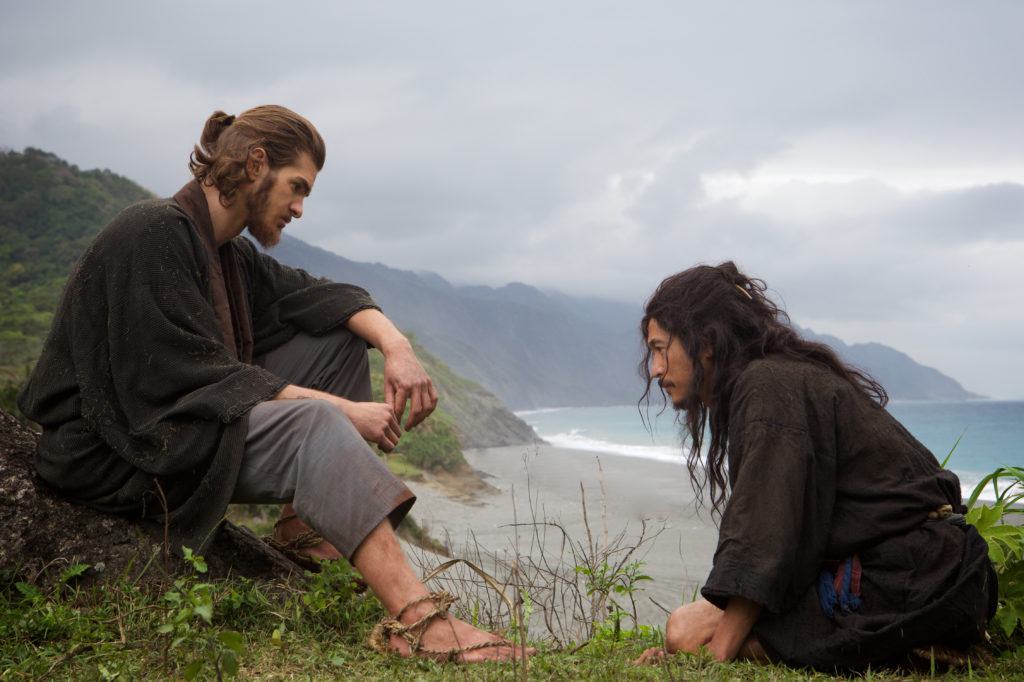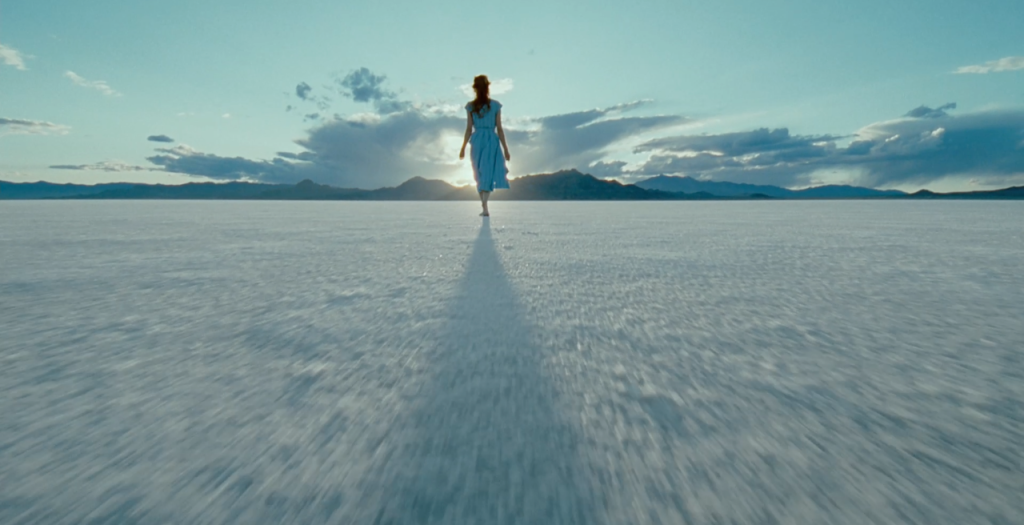The “5 Films” series is a brief list of recommended films based on a particular theme or genre, usually sparked by something of relevance in our present-day culture.
Why do bad things happen to good people? Why is there suffering, evil, and injustice in the world? Where is God in all this? Did God allow the suffering to happen, or even orchestrate it? Or is God simply aloof to our pain? These are the questions of theodicy, living in the tension between God’s good providence and the existence of evil in our world. In light of the release of the filmic adaptation of William P. Young’s The Shack this week, as well as current political and international crises, here are five films which wrestle with the question of theodicy, listed in alphabetical order by title:
A Serious Man (2009, Joel and Ethan Coen). A darkly comedic exploration of Jewish theology, the Coen brothers’ follow-up to their Oscar-winning No Country for Old Men might be their most overtly spiritual and religious (with last year’s Hail, Caesar! in a close second). Though they’ve denied the connection in interviews, the film closely parallels the Old Testament book of Job as professor Larry Gopnik (Michael Stuhlbarg) watches the various elements of his life crumble. (My review)
Au Hasard Balthazar (1966, Robert Bresson). Bresson’s parable features a young donkey, Balthazar, and his mistreatment at the hands of various human owners, all who neglect him on some level. Balthazar’s life is seen in parallel with the young girl who raises him, and both of their fates are defined by brokenness and heartache. Bresson’s formal style can be off-putting for viewers, but if one has the discipline to endure, there are spiritual revelations within the viewing experience.
Ordet (Carl Dreyer, 1955). A stark and cathartic exploration of the nature of faith, Dreyer’s film is a small miracle. The story centers on a family, each member’s faith on God being challenged in some form or fashion. When death visits the family, their belief in prayer and God’s intervention is put to the test. Slow and steady, the pacing of Ordet (translated as “The Word”) requires audience patience, but they are richly rewarded with one of the most beautiful filmic endings I’ve yet experienced. (My review)
Silence (2016, Martin Scorsese). The newest film on this list, Scorsese’s adaptation of Shusaku Endo’s novel captures the source material’s deep wrestlings with the activity of God within human history and suffering. “Why are you always silent?” a priest asks God as he witnesses the suffering of Japanese Christians at the hands of inquisitors. A filmic depiction of Luther’s “theology of the cross,” Silence is likely to be considered a masterpiece of religious cinema in the years to come. (My review)
The Tree of Life (2011, Terrence Malick). A poem and a prayer, Malick’s magnum opus is an exploration of the creation and destruction of the cosmos juxtaposed with a Texas family’s memories and experiences. Akin to a filmic lament psalm, the film features numerous prayers in voiceover, asking God about his goodness in the midst of painful circumstances. “You let a boy die,” one character whispers. “Where are you?” Enigmatic, rich with images, and the epitome of transcendence in cinema, The Tree of Life is my favorite film of all time. (My review)
What other films explore the questions about God, evil, and suffering? Share your recommendations in the comments.





Secret Sunshine